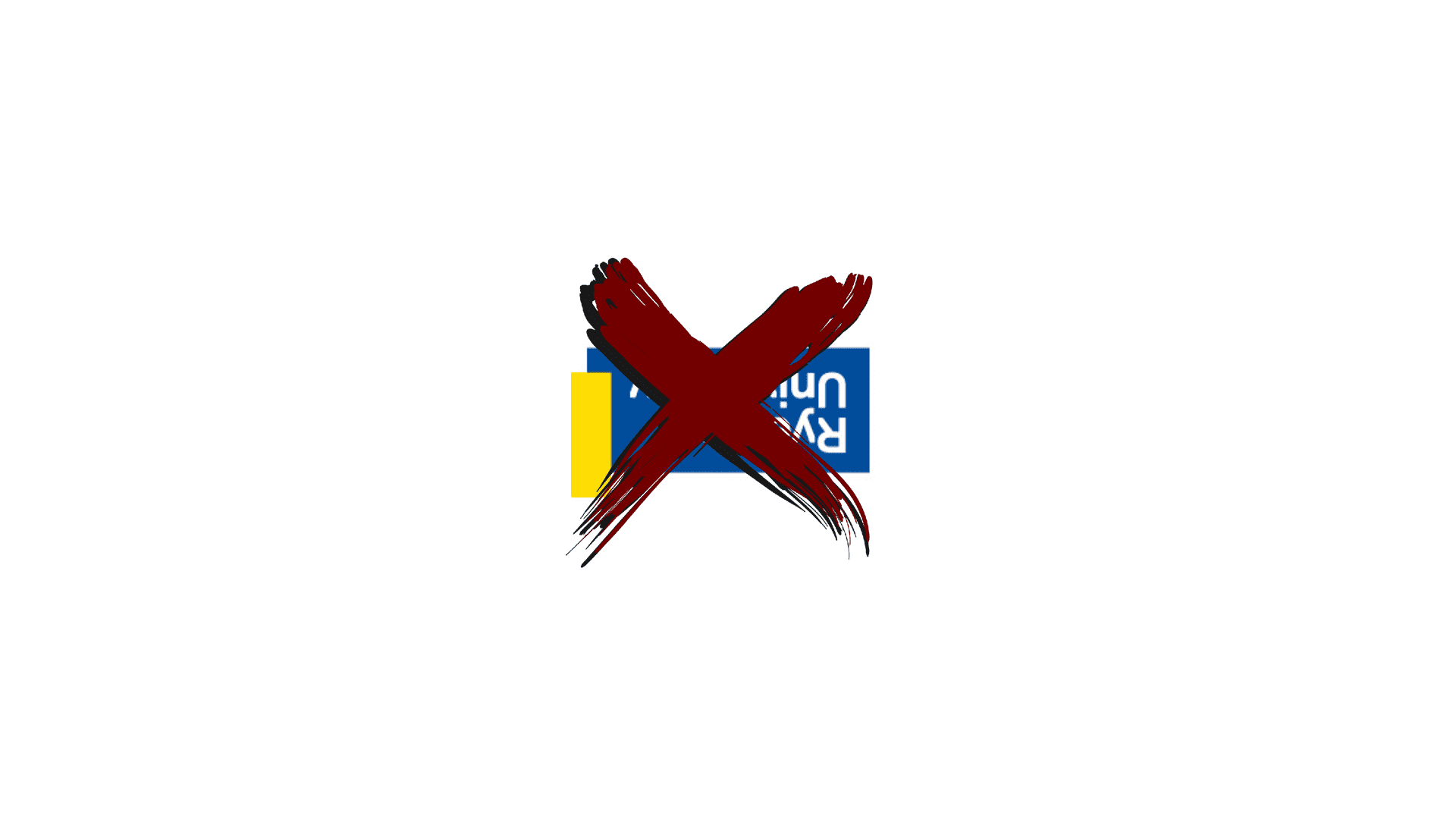- About
- Research
-
-
- Special Reports & Features
- The Rematriation of Indigenous Place Names
- Braiding Accountability: A Ten-Year Review of the TRC’s Healthcare Calls to Action
- Buried Burdens: The True Costs of Liquified Natural Gas (LNG) Ownership
- Pretendians and Publications: The Problem and Solutions to Redface Research
- Pinasunniq: Reflections on a Northern Indigenous Economy
- From Risk to Resilience: Indigenous Alternatives to Climate Risk Assessment in Canada
- Twenty-Five Years of Gladue: Indigenous ‘Over-Incarceration’ & the Failure of the Criminal Justice System on the Grand River
- Calls to Action Accountability: A 2023 Status Update on Reconciliation
- View all reports.
- Special Reports & Features
-
-
- Yellowhead School
-
- The Treaty Map
- LIBRARY
- Submissions
- Donate
AS THE WORK of the “Standing Strong” task force on Egerton Ryerson’s legacy wraps up, we fear that this work, yet another discussion among the mountain of others we’ve already had, will result in more of the same.
This fear is more pronounced this time around because July 18, 2020, is still fresh in our minds. That’s the date that three members of BLM-TO were arrested, held and charged with mischief for challenging the university to remove the statue and change the name. They faced material harm for doing, what we believe, was the right thing.
Though, given the pace of addressing student and community demands for reconciliation at our university, they may not be the last.
This fight against colonial and racist narratives that continue to oppress Black, Indigenous, and racialized people generally in Canada is a movement.
In post-secondary institutions, those narratives are changing, one after the other, and the legacy of these namesakes exposed not as heroic founders of a multicultural paradise called Canada, but as villains of colonialism.
The fight has led to the removal of statues and re-named buildings at Queen’s, Carleton, the University of New Brunswick, and many others.
In response to decades of activism on our campus, petitions and open letters to remove the statute, statements from Indigenous groups on campus, a corrective plaque that missed the mark, and direct action, President Mohamed Lachemi’s office hand-picked a group of academics, staff, faculty, alumni and students to head a task force to investigate “what the university can do to reconcile the history of Egerton Ryerson and how the university should approach commemoration”
The focus of the task force has largely been centred on the statue and curating an academic debate on the degree of harm Ryerson is actually responsible for. In our observations it is not focused on the trauma and harm Indigenous members of this community have endured. In this sense, the university has denied Indigenous people the right to determine what reconciliation means, unless they can squeeze it into a survey.
The task force itself is a symptom of a broader problem. We don’t hold anything against members who’ve joined in an effort to pursue some degree of change. But it was designed to answer the wrong questions.
For us, there is no debate about reconciling Ryerson’s legacy. It doesn’t matter how many non-Indigenous historians send their fawning letters of support for Egerton. From an Indigenous student perspective, it cannot be reconciled.
The only solution then, is to change the name (something that Ryerson has actually done three times before). So we are asking that you stand in solidarity with the Indigenous community here at Ryerson University and help us make that demand.
Until it is met, we will erase Ryerson ourselves, removing the university’s current name from our email signatures, CVs, and other professional communications and replacing it with an X.
We ask that, you too, remove Ryerson’s name and this symbol of cultural genocide and intergenerational trauma.
As the stewards of a new generation, we have the responsibility to have better relationships with one another. Please help us reframe the conversation so that we are no longer forced to debate our humanity.
– Indigenous Students at X University
Instagram: @Wreckonciliation_x_university
Email: wreckonciliation.x.university@gmail.com
Citation: Indigenous Students at X University. “Introducing X University: An open letter to the community from Indigenous students ” Yellowhead Institute. 11 May 2021, https://yellowheadinstitute.org/2021/05/11/welcome-to-x-university-an-open-letter-to-the-community-from-indigenous-students/

